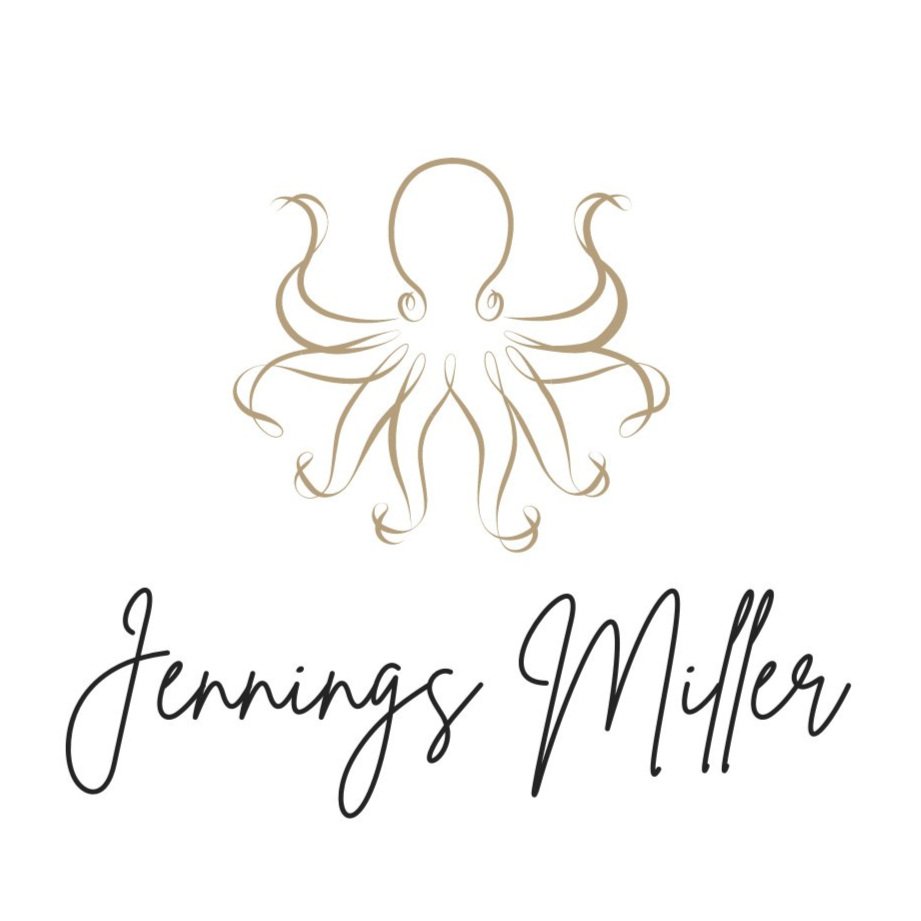When do I worry if my child can't read?
I hear this question all the time. If you’re scouring the Internet for the answer, chances are good that your answer is, “Now!”
We know early intervention is better. Brain research tells us that there is greater neuro-plasticity in the brains of young children. There’s a lot of peer-reviewed, scientific research to support this. Although neuro-plasticity exists in older students, and remediation will still work, young children tend to respond more quickly to Orton Gillingham instruction than older readers. This makes sense given that for most children who struggle to read, the foundational systems are weak. Young children have less “ground to make up” compared to their older counterparts. This Science Daily Article is a great, quick read about the power of early intervention.
Have you ever thought…
My kid can read ok if it’s a book, but for some reason he can’t read his vocabulary word list.
She only wants me to read to her, she doesn’t seem interested in reading a book to me.
He only chooses graphic novels or picture books.
He’s constantly skipping or misreading little words (of, for, from may be the most famous)
Our dyslexic learners are incredibly bright. They utilize compensatory strategies to fill in unknown words. This strategy works until picture clues disappear and novel vocabulary is introduced, which is why they tend to lean towards graphic novels and picture books.
They are told by teachers who don’t understand the importance of explicitly teaching decoding, “Good readers use these strategies.”
Here is what our kids and our parents aren’t often told:
Good readers can decode novel words.
Good readers know short vowel sounds and easily discriminate amongst short vowels, magic e patterns, and vowel teams.
Good readers don’t struggle to read word lists in the absence of picture clues.
Good readers are also good (or at least decent) spellers.
The greatest accomplishment in the early grades is the ability to read a “big kid” chapter book. Our struggling readers don’t do this. They try. They desperately want to, but they are stuck. They can’t move forward without help to break the code.
Some kids, especially our more self-assured boys, get identified early because they start to shout, “I hate reading” or “Reading is stupid” whenever it’s time to read.
Well, I’d probably hate it, too, if no one ever taught me in a way that I could learn. Reading is fundamental to surviving and thriving in school.
Dyslexia is not rare. The latest statistics say that 1 out of 5 students in a typical classroom is dyslexic. The diagnosis is medical, but the treatment is educational.
Teachers must be trained to understand the inner workings of the English language in order to provide our struggling readers with prescriptive, explicit, multi-sensory reading instruction. This means that for our students with dyslexia, reading and spelling must be taught together, in unison.
So, what do you do now? Get educated about dyslexia.
The Yale Center for Dyslexia and Creativity has tons of information online.
The International Dyslexia Association- Georgia Branch offers many free outreach events in the Atlanta area.
Reading is Essential for all People (REAP) is a local non-profit that provides training for public school teachers.
The Academy of Orton Gillingham Practitioners and Educators can provide a list of accredited Orton Gillingham providers in your area.
